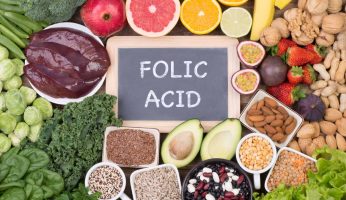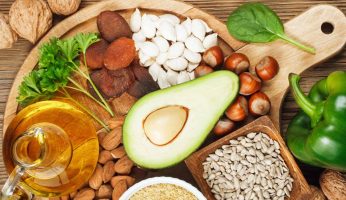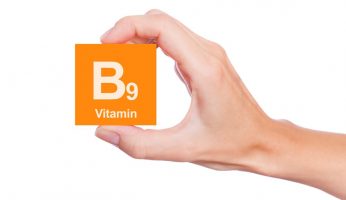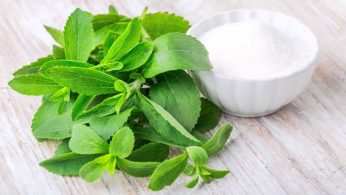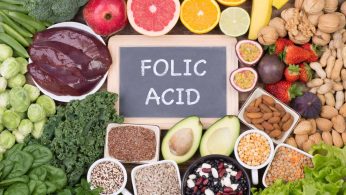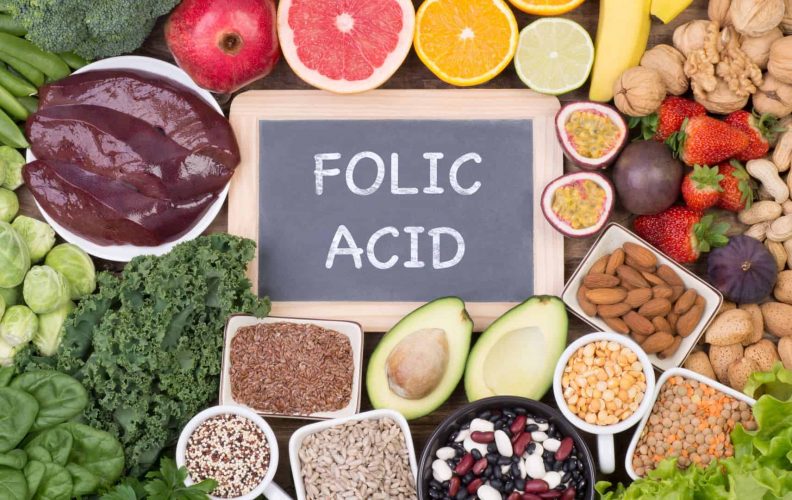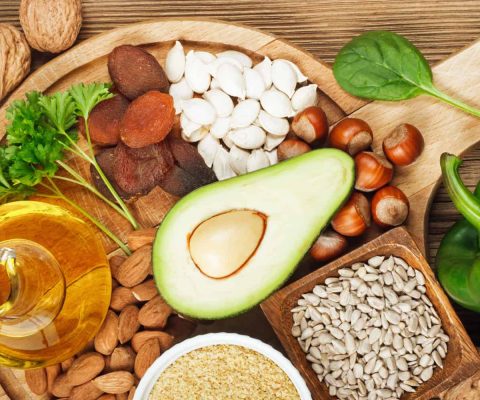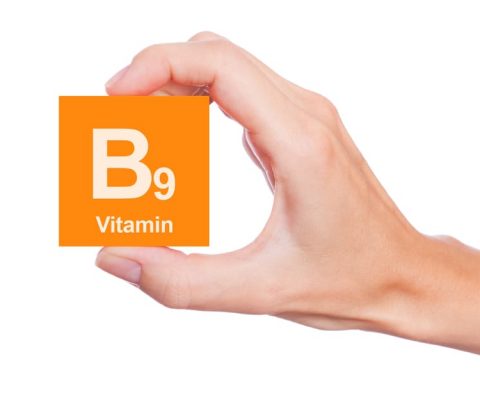How to take Vitamin C Correctly in Winter Time
Disclosure: We use affiliate links and may receive a small commission on purchases.
 How to take Vitamin C Correctly in Winter Time
thefitbay.com
How to take Vitamin C Correctly in Winter Time
thefitbay.com
We are right at the cusp of winter. Just as a soldier prepares for battle, we need to prepare for the violent snowstorm that is flu and cold season. Solidifying the shield of our immune system is essential to protect us from getting sick this holiday. One thing that will help us fortify and strengthen our fortress is vitamin C.
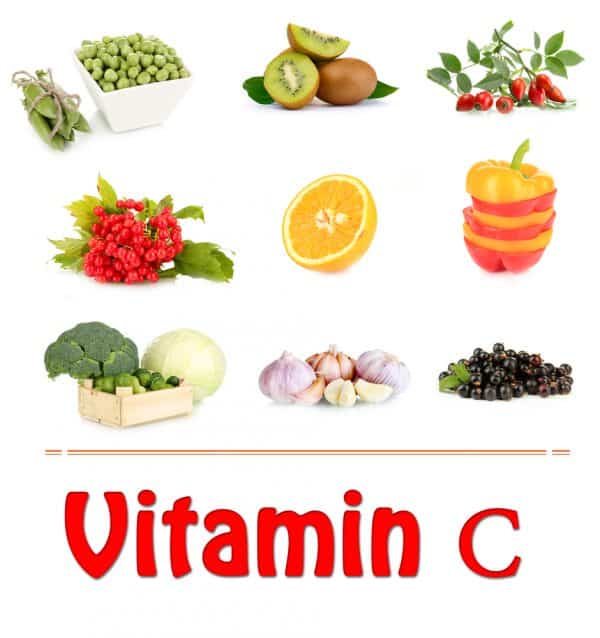
Unfortunately, vitamin C isn’t already found or made by the body. We either have to take supplements for it or ingest certain foods that contain enough of it to make a difference in our systems.
Why is vitamin C important:
- Vitamin C releases anti-stress hormones. If you’ve experienced a holiday with the whole family before (or worse yet, HOSTED), then you know the endless amounts of stress that await you, anything that can help (besides the alcohol infused eggnog) is welcome!
- It helps prevent us from heart disease and cancer.
It is just a fantastic healer. It deals with tissue repair, bruise protection, and heals open wounds and burns. - Finally, last but not least, it strengthens the immune system!
During the winter months where you need the cash from your salary, the last thing you want to do is have to take off work because of the flu! So the best thing you can do to try and stay healthy is to take Vitamin C during and right before those cold winter months.
Though there are many supplements available, (don’t worry we’ll get into those too), some of the best ways to get in your vitamin C is to go au naturale! What better way to try and get in your vitamin C than with the foods that are actually in season and ripe for the picking during the winter? It also might be better on your wallet since you are bound to buy some of these foods for your daily diet anyways. There can’t be better news than knowing you are doing your body good without even realizing it!
Before your next grocery shop or you plan your next meal, let’s go over some of the natural foods that contain what you’re looking for and let’s get them into your system.
Here are a few foods that will boost your vitamin C and taste good as well!
Fruits:
Guava
Papayas
Grapefruit
Lemon
Mangoes
Kiwi
Strawberries
Orange
Spices and Herbs:
Paprika
Kelp
Peppermint
Veggies:
Asparagus
Broccoli
Avocados
Brussels Sprouts
Kale
Radishes
Leafy greens – Spinach
Butternut Squash
Interestingly enough, the list goes above and beyond the most popular form of vitamin C, which is in oranges or orange juice. The notion that vitamin C is only located in citrus fruits is a common misconception often connected with the mass advertisement of orange juices saying they are a great source of vitamin C. Though this is indeed, the truth, (most of us only need one orange a day to achieve even higher than the minimum amount recommended for vitamin C), it persuades the general public to believe that citrus juices or citrus fruits are one of the only sources of the vitamin.
This, of course is a great tactic to increase the sales of their production, but it does nothing profitable for us, except be prepared for the next night out when you’re running low on supply, but with a little slip of vodka into the OJ in the fridge, the night is saved! This common misconception or belief of oranges being the only or main form of vitamin C availability is great for sales for the orange juice companies, but it can be detrimental to your diet and leave you having to excuse yourself to the restroom from all the juice you have drank.
Of course, there are tons more options available to intake your vitamin C in a natural way, these listed above are just to name a few. Not having enough vitamin C is actually quite hard to accomplish if you look at the variety of available foods that contain the vitamin which you already eat on a daily basis. But if you don’t have enough to these in your natural diet, there is also the possibility of taking vitamin C supplements.

Though there is also a discussion in regards to the question of whether you should intake vitamins from a supplement or natural, there are advantages and disadvantages for both. When trials were done between giving the testers the EXACT SAME dosage of vitamin C from a food item (kiwi) and from a supplement, there were no differences in absorption, or levels. That being said, one can argue that natural is always best. But unfortunately, there are also risks that involve going the natural route.
Risks:
- Sunlight, air and heat affect the amount of vitamin in a particular fruit or vegetable and the way it is prepared before consumption.
- There is also a continuous decline in the amount of vitamins and “good stuff” in your natural fruits and veggies from even just 50 years ago! Assuming our growth, farming and industrializing methods are going to stay the same (if not, worsen), then maybe the value of vitamin C in a kiwi will not be in the same in even as little as ten or twenty years! This is also a huge problem with “going green”, that most vegetarians and vegans are now facing.
When we go into the supplements, there is also the question between natural and synthetic. This decision can also be a bit tricky, but in reality there are usually not many differences in results. However, each body and absorption is different, even if on the most minuscule of terms, and it might be the best decision to speak personally to your doctor about choosing which supplement (if any is needed) is best for you.
Though most animals produce their own vitamin C and don’t need the intake in their body on a daily basis, vitamin C is one thing that we, as humans, can’t go on without. We might forget how important it is, since we have so many different vitamins and internal necessities going on (not to mention all the exterior buzz in our lives), but one thing will always remain: we NEED vitamin C. Especially during the cold months of winter!

